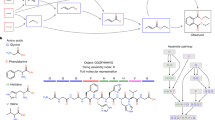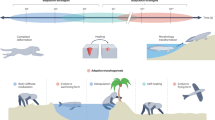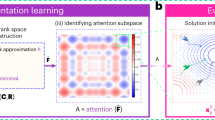Abstract
To the vast majority of readers, chapter ix. of the “Grammar of Science” will probably seem to be simply a plea in favour of the doctrine of evolution in its purest form. We were not called upon to express any opinion as to the merits of this doctrine, nor did we. What struck us (and still strikes us) as fundamentally illogical, was the formulation of a theory, which, itself avowedly a mental product, proceeded to picture a universe devoid of sentient beings, or, in the phraseology of the “ Grammar,” a conceptual world evolving the perceptive faculty which creates it. An evolution theory which postulates spontaneous generation and human automatonism is natural to the materialist; and hence our contention that, in spite of the general character of the argument in the earlier chapters of the book, certain conclusions are distinctly materialistic.
This is a preview of subscription content, access via your institution
Access options
Subscribe to this journal
Receive 51 print issues and online access
$199.00 per year
only $3.90 per issue
Buy this article
- Purchase on SpringerLink
- Instant access to full article PDF
Prices may be subject to local taxes which are calculated during checkout
Similar content being viewed by others
Rights and permissions
About this article
Cite this article
K., C. “The Grammar of Science”. Nature 46, 221–222 (1892). https://doi.org/10.1038/046221d0
Issue date:
DOI: https://doi.org/10.1038/046221d0



